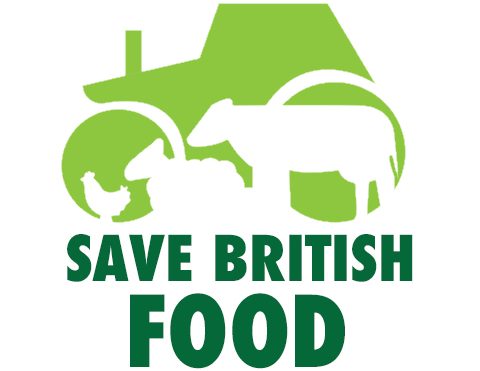Use our rebuttals to challenge your MP
The UK has vastly different and significantly more stringent sanitary and animal welfare standards than the US. The Agriculture Bill will eliminate these standards for imported foods.
Tens of thousands of people across the country have written to their MPs asking them to back amendments to the Bill that will enshrine our current standards in law. In their replies, many Tory MPs have defended the government’s position.
Here are some typical responses and our rebuttals.

Won’t there will be a Trade and Agriculture Commission which will ensure trade deals will not compromise on our high environmental protection, animal welfare and food safety standards..?
Trade and Agriculture Commission will be advisory only. It will therefore provide no guarantees to protect our high environmental protection, animal welfare and food safety standards from lower standard imports.
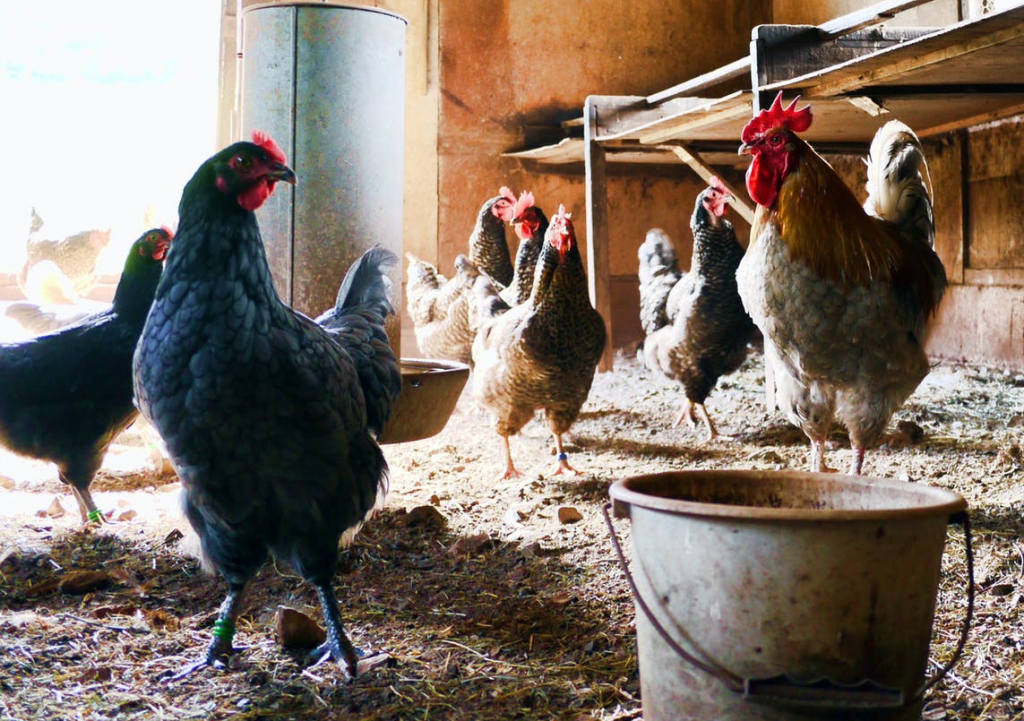
Claim
As an MP, I can keep a close eye on the trade negotiations and I’ll make sure our standards are protected. Right?
Unfortunately, MPs voted away their ability to scrutinise any future trade deals. “As things stand there is no longer a parliamentary veto and no formal scrutiny committee relationship yet established, despite US negotiations having started” -Jonathon Djanogly (Conservative MP)
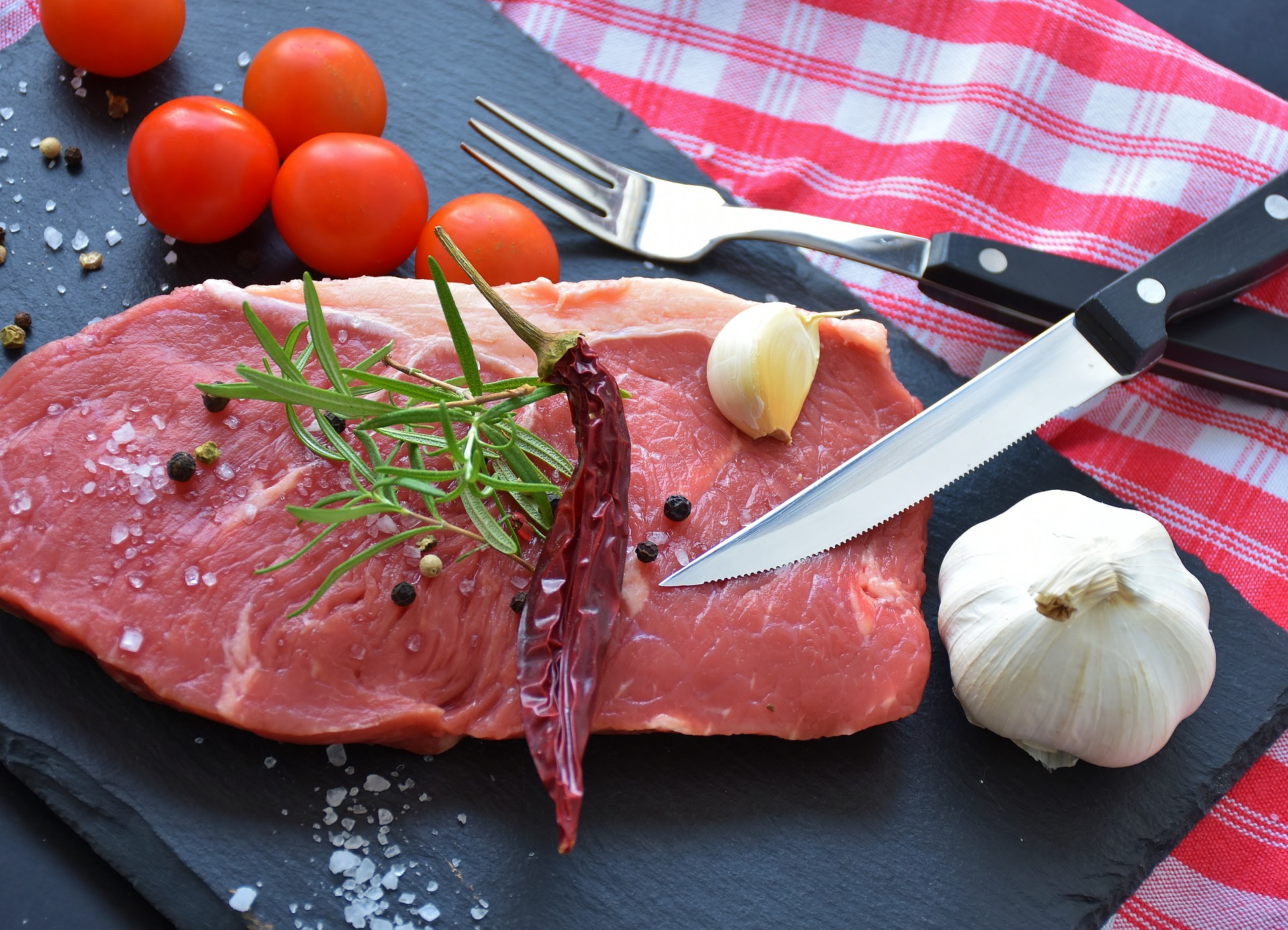
Claim
Surely, we can’t expect other countries to abide by our high standards? That would be an unprecedented barrier to trade that doesn’t currently exist.
We will not be dictating the standards used in other countries. Only in the production of the food they wish to export to us. This is common practice in trade deals. Our current EU standards (No Chlorinated chicken or hormone injected beef) are part of EU trade deals. There’s no reason why they can’t form the basis of UK trade deals.

Won’t forcing all our trading partners to produce to UK domestic standards result in fewer export opportunities for our own farmers?
If we are committed to these high standards, as the people of this country are, then we should be leading the world to reach high, not lowering our standards to appease others.
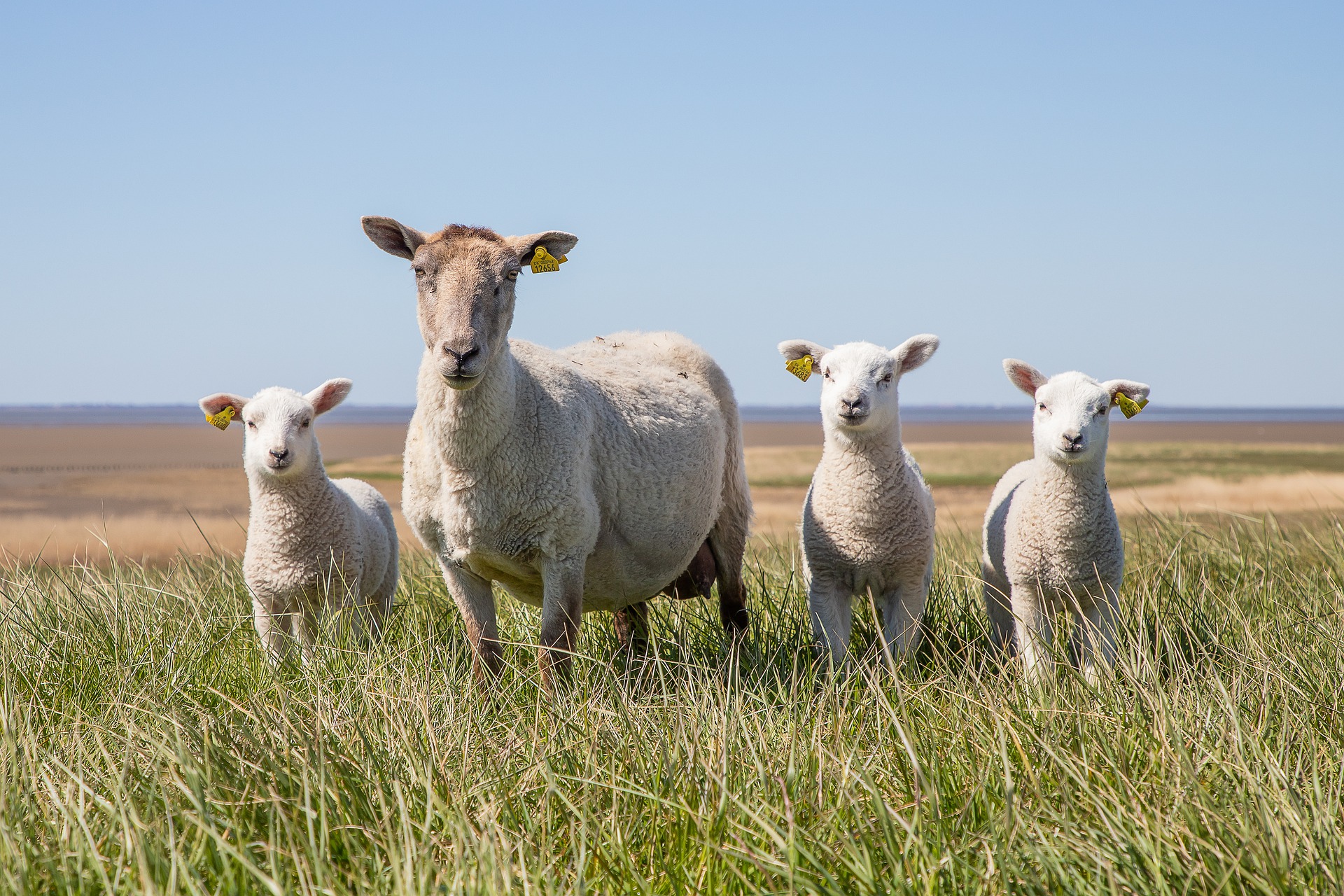
Claim
I thought The World Trade Organisation does not allow rules based on process, but only on outcome.
Although WTO prefers rules based on outcomes not processes, our current UK/EU rules (no chlorinated chicken etc) are accepted by WTO so there is no reason to believe they will not be accepted as UK rules once we leave transition period.
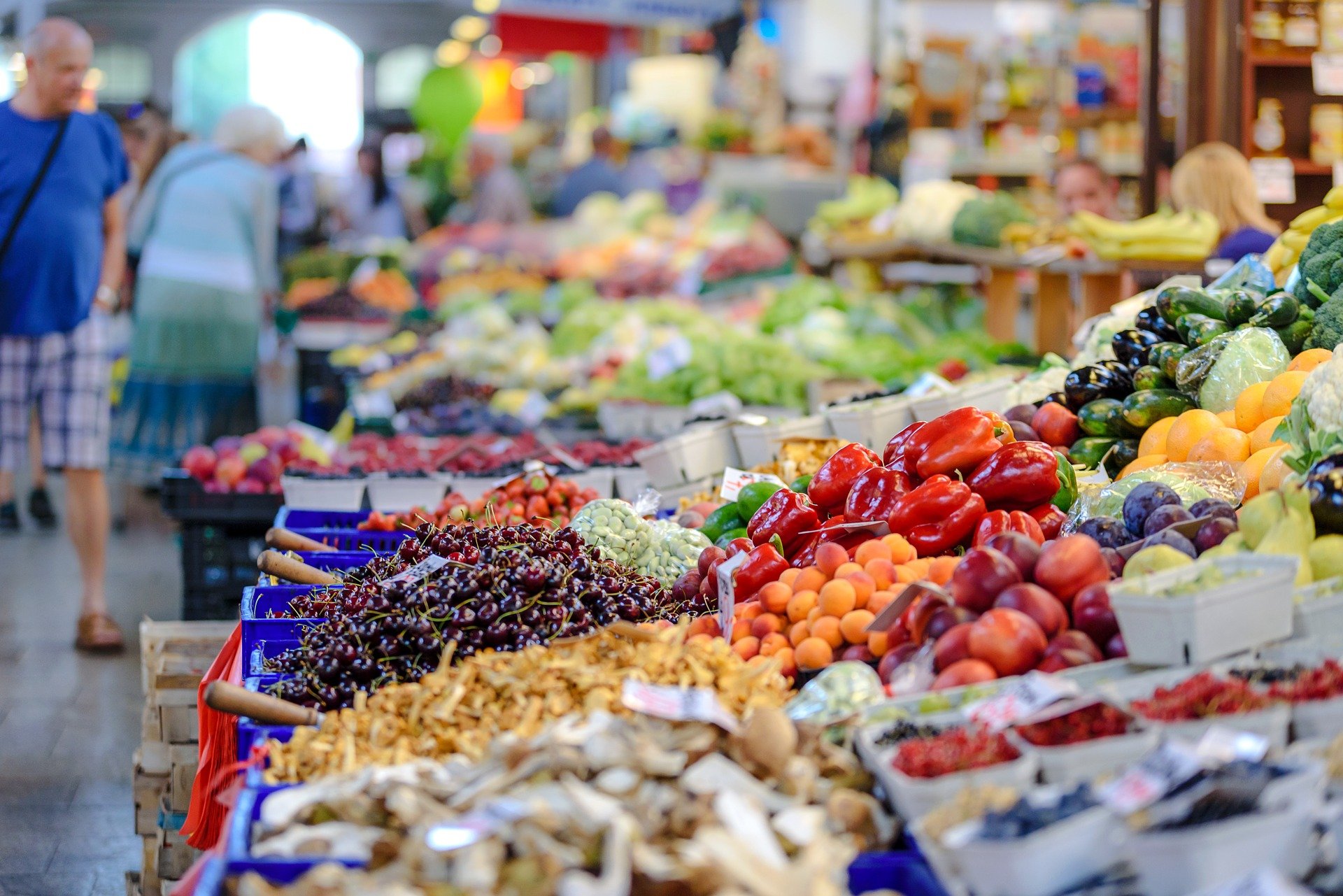
We currently have high standards, and for them to be changed would need Parliamentary approval. We don’t need to amend the Agriculture Bill to do this. Right?
Our current high standards would only currently require secondary law to change them. Ministers have the power to bring forward statutory instruments, potentially without needing parliamentary debate. This is why the standards need to be included in the Agriculture Bill to protect them from being easily changed.
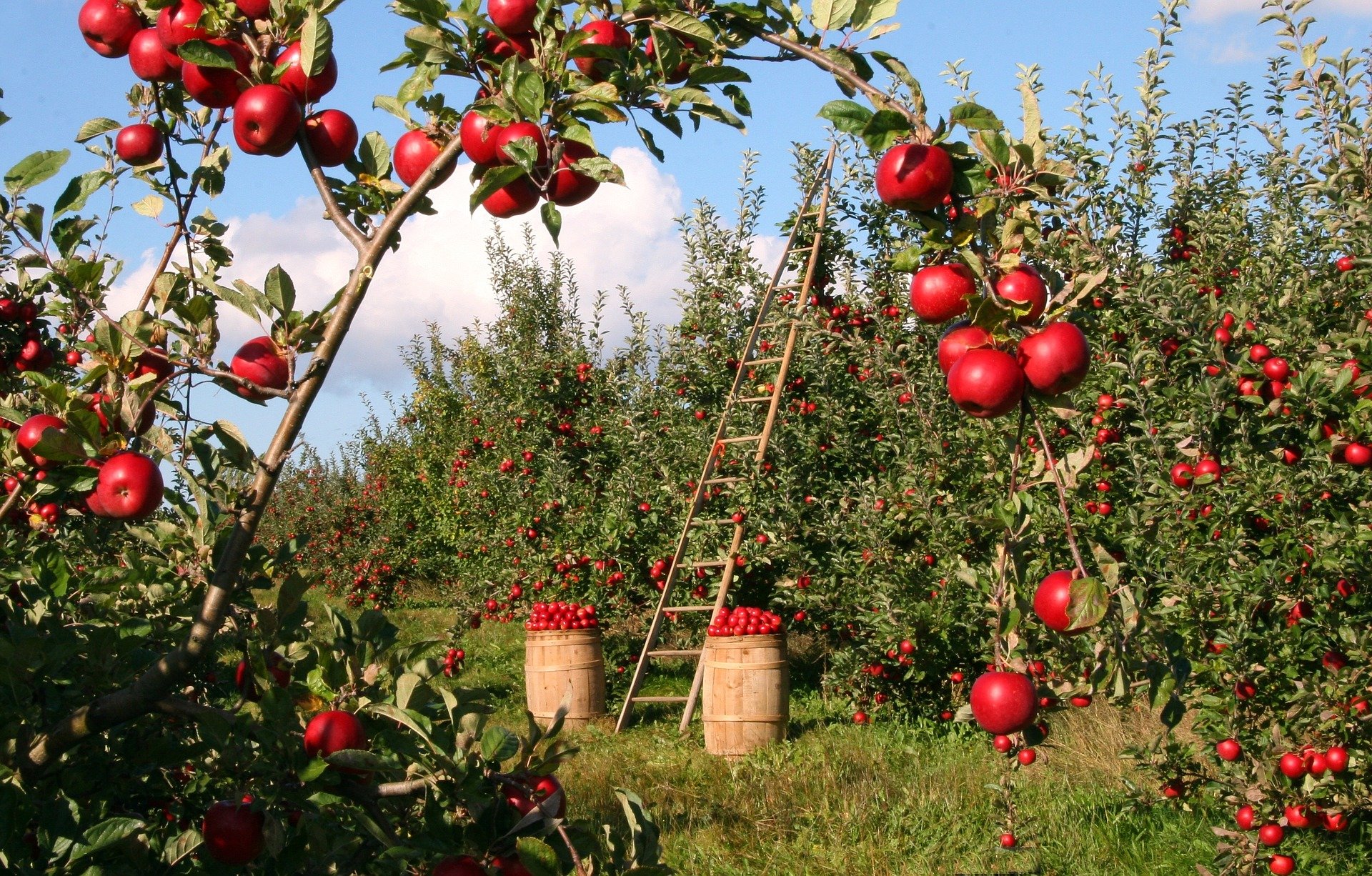
Claim
We have promised to protect our high standards in future trade deals. Why is that not good enough?
We have seen how easily MPs are prepared to go back on things that they themselves voted for, just months after enshrining something in law (IM Bill).
We have already heard reports of a ‘dual-tariff’ system to allow in Chlorine washed chicken.
The United States in particular have made it very clear that they expect us to remove our high standards. (In a letter to US Trade Representative Robert Lighthizer, 47 Members of US Congress, said: “As you [Lighthizer]be aware, as part of the European Union (EU), the UK adhered to the EU’s food safety standards established in 1997 that banned US-exported poultry due to standard antimicrobial washes used in American poultry production. However, with its departure from the EU on January 31, 2020, we are in a position to negotiate an agreement with the UK that resolves this ban once and for all.”)
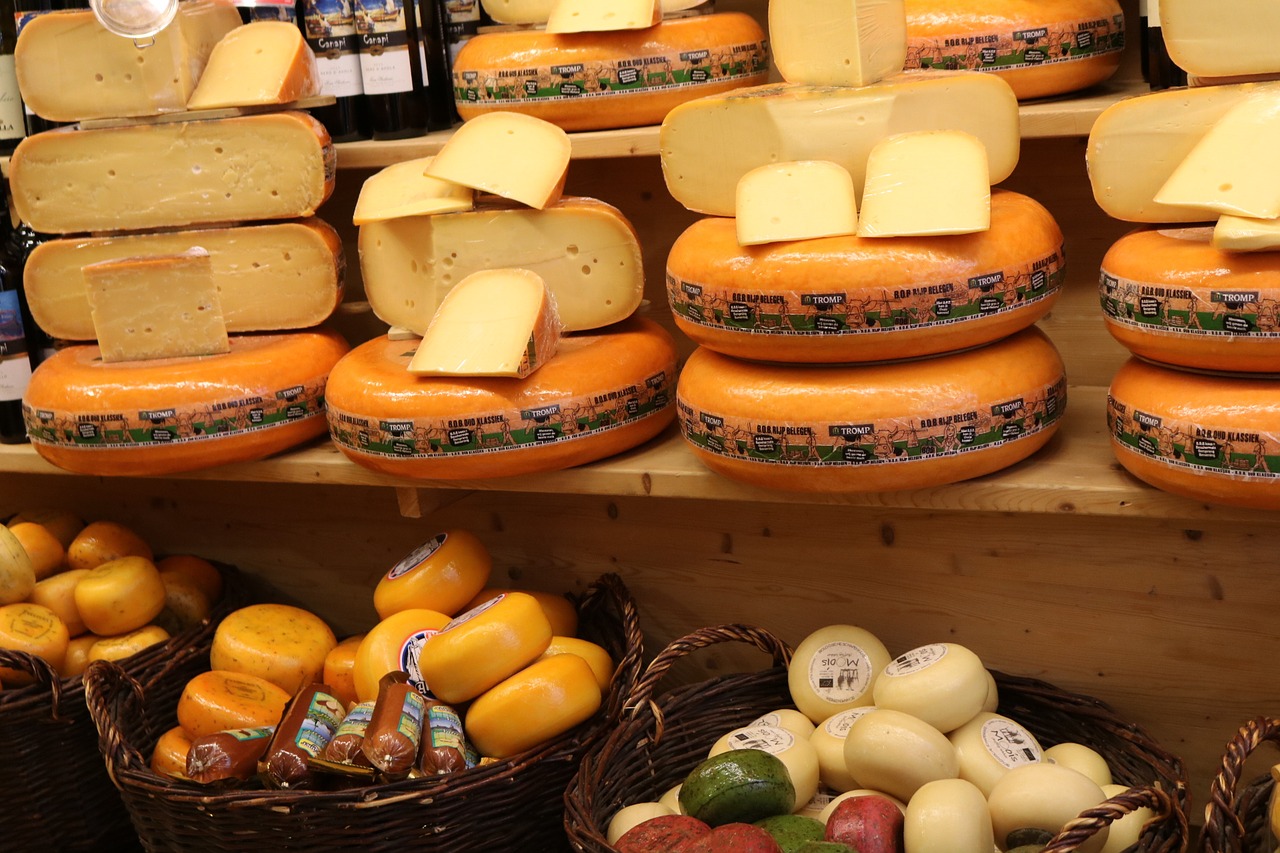
Without exception, all animal products imported into the UK under existing or future free trade agreements from all trading partners, including the EU and others, will have to meet our stringent food safety standards, as they do now.
- This contradicts what other MPs are saying, who are claiming that we cannot insist other countries meet our Stringent standards or that trading under WTO rules won’t allow it.
- Both sets of MPs cannot be right!
- Some Tory MPs have raised fears that the UK could water down its standards as it strikes post-Brexit free trade deals. So just because the standards are set now, doesn’t mean they can’t be changed.
- If this was genuinely the plan, there would be no reason not to pass the amendment.
- In a letter to US Trade Representative Robert Lighthizer, 47 Members of US Congress, said: “As you [Lighthizer] may be aware, as part of the European Union (EU), the UK adhered to the EU’s food safety standards established in 1997 that banned US-exported poultry due to standard antimicrobial washes used in American poultry production. However, with its departure from the EU on January 31, 2020, we are in a position to negotiate an agreement with the UK that resolves this ban once and for all.” The US has made it clear they will expect us to lower our standards. Passing the amendment to enshrine our import standards into UK law gives us a much stronger bargaining hand when negotiating a US trade deal
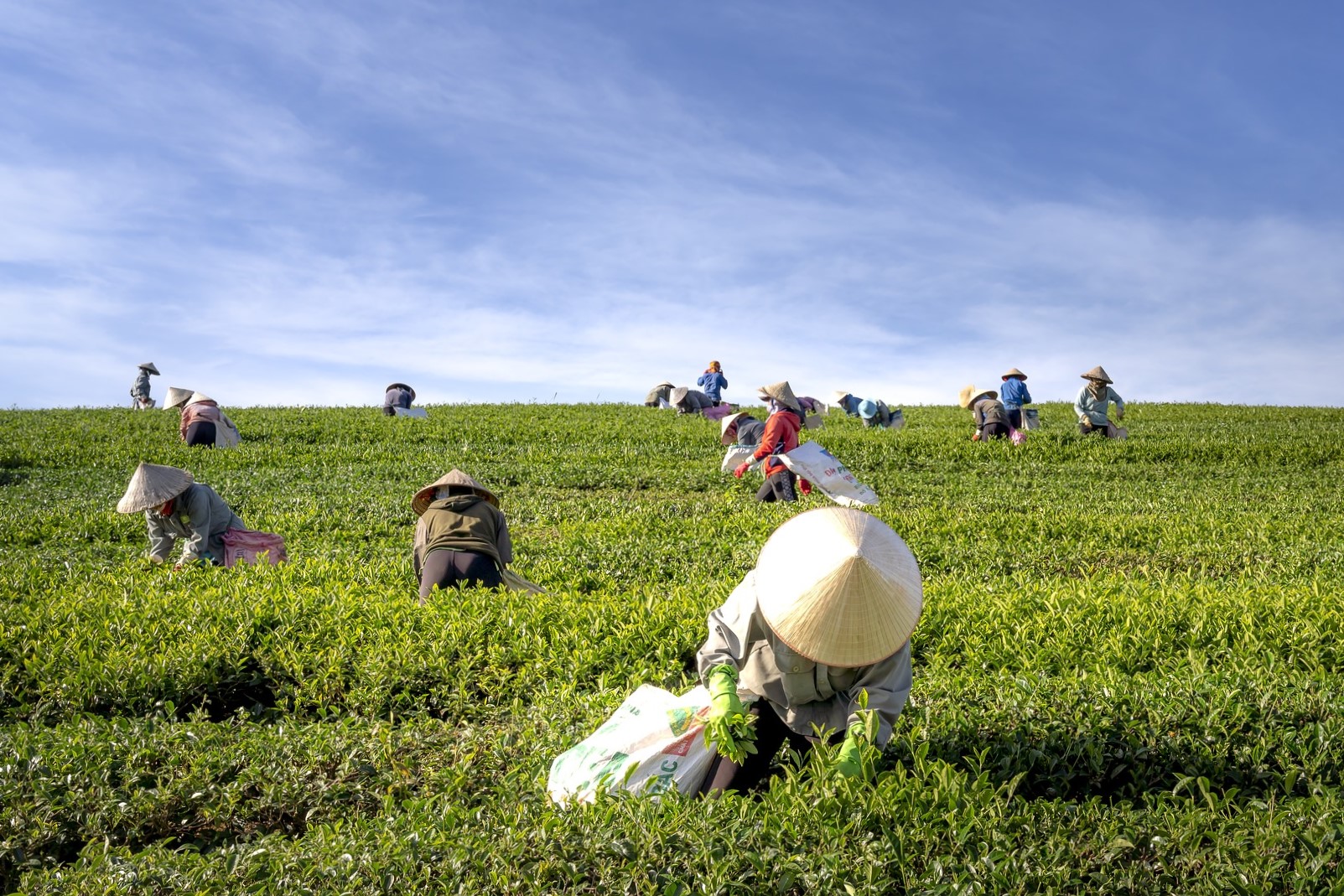
Claim
Enshrining our standards in law raises our current standards for imports, to the detriment of poor farmers in developing countries.
Rebuttal
The government has spent the last four years telling us that EU laws, regulations and standards would be carried over into UK law on an “as is” basis. How does “as is” suddenly become “dramatically raising current standards”?
It is touching to see such concern for farmers in developing countries, but is it credible? Brexit means forty-seven less developed countries (LDCs) will be deprived of access to our market on a zero-tariff/zero-quota basis through the EU’s “Everything but Arms” (EBA) trade agreements. Government’s recent downgrading of our world-leading Department for International Development (DfID) to an adjunct of the Foreign Office and syphoning off £2.9 billion of DfID’s budget doesn’t exactly send a clear signal of concern for LDCs.
There may be genuine concern, but it feels like an attempt to manipulate us by tugging on our heart-strings. Developing countries won’t be able to meet our standards, they say. Our imports will dramatically decline, and that will have a knock-on effect to British companies supply chains, which will be severely disruptive and may put some of them out of business, they complain.
Four things. First, (going to press) the latest in the EU trade deal saga is that this government will inflict a Yellowhammer-style Brexit on us without batting an eyelid, in the midst of a lethal global pandemic, the worst economic downturn in our history and during the winter flu season. This will cause far greater disruption to British companies than putting our standards on a stronger legal footing, yet the prime minister’s recorded attitude to this is, “F**k Business”. Second, these countries were already exporting to us when we were in the EU, and have already made the investment to meet required EU standards, which are ostensibly the same as ours. Third, flannelling about coffee and bananas is meaningless, as we don’t grow them here, so which of our standards would keep them out? They’re not banned now, are they? It goes without saying we would disapply irrelevant standards, as we do in the EU now. Fourth, companies from other developed countries manage to sell their products all over the world without their governments “betraying their populations and farmers through the food that they produce and feed to their children”, as SNP MP David Doogan so colourfully put it.
The tone of some MPs is patronising and paternalistic. It is unimaginative and unkind to underestimate LDCs’ ability to innovate to meet our standards. Government is missing a golden opportunity to co-ordinate trade and aid. Where a potential trading partner does not meet our standards, we could put in place a plan with a glide path for them to comply, with UK technical assistance and aid to help them do it. That way we trade and use aid to help improve LDCs’ standards, which eventually spread to their non-exporting enterprises and embed. A virtuous circle.

Claim
We must have free trade no matter what the cost.
Rebuttal
Free trade proponents want “Global Britain” to be the champion of free trade. Nothing must be allowed to get in its way. Not our culture, our values or our moral compass. This sixth-form debating society extremism is contrary to the will of the British people who want a trade policy cut to fit with our values, and not to have to change our values to fit the government’s trade policy.
Above all, we must preserve the precautionary principle whereby a producer has to prove their product is fit to be on our market and potentially find its way onto our children’s plates, rather than a free-for-all where everything is allowed until something bad happens and it is banned. Abolishing this fundamental principle and completely changing the basis on which we conduct our commercial affairs has never been put to the people, so there is no mandate for abandoning it.
“Free” trade can carry hidden costs. We only have to look at the tragic consequences of the Great Famine to see what happens when an experiment in free trade goes wrong, and a failure to identify and mitigate risks leads to loss of life on a grand scale. Some will cry “project fear”, but it’s not scaremongering if it’s true –the health risks of cheaply produced, low-welfare food are well-documented (such as our own commissioned health report) and are very real.
I’m with Labour Leader Keir Starmer when he says Britain could be a beacon of high food safety, animal welfare and environmental standards, and Tory MP Steve Brine who says enshrining them in law would send out a message to the world that we are serious about our standards and invite the world to join us in adopting them.
Other countries, including LDCs, all have governments that look after their farmers’ and consumers’ interests. Shouldn’t our government put the interests of British farmers and British consumers first?
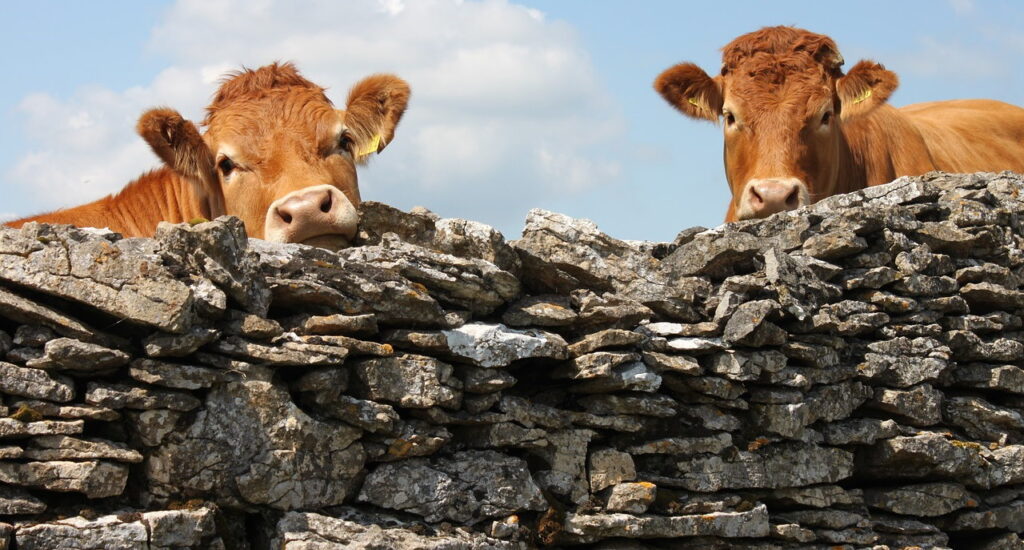
Sadie Parker wrote an excellent article debunking MP’s arguments on food standards for West Country Bylines. She recrafted a shorter version of it for our blog.
